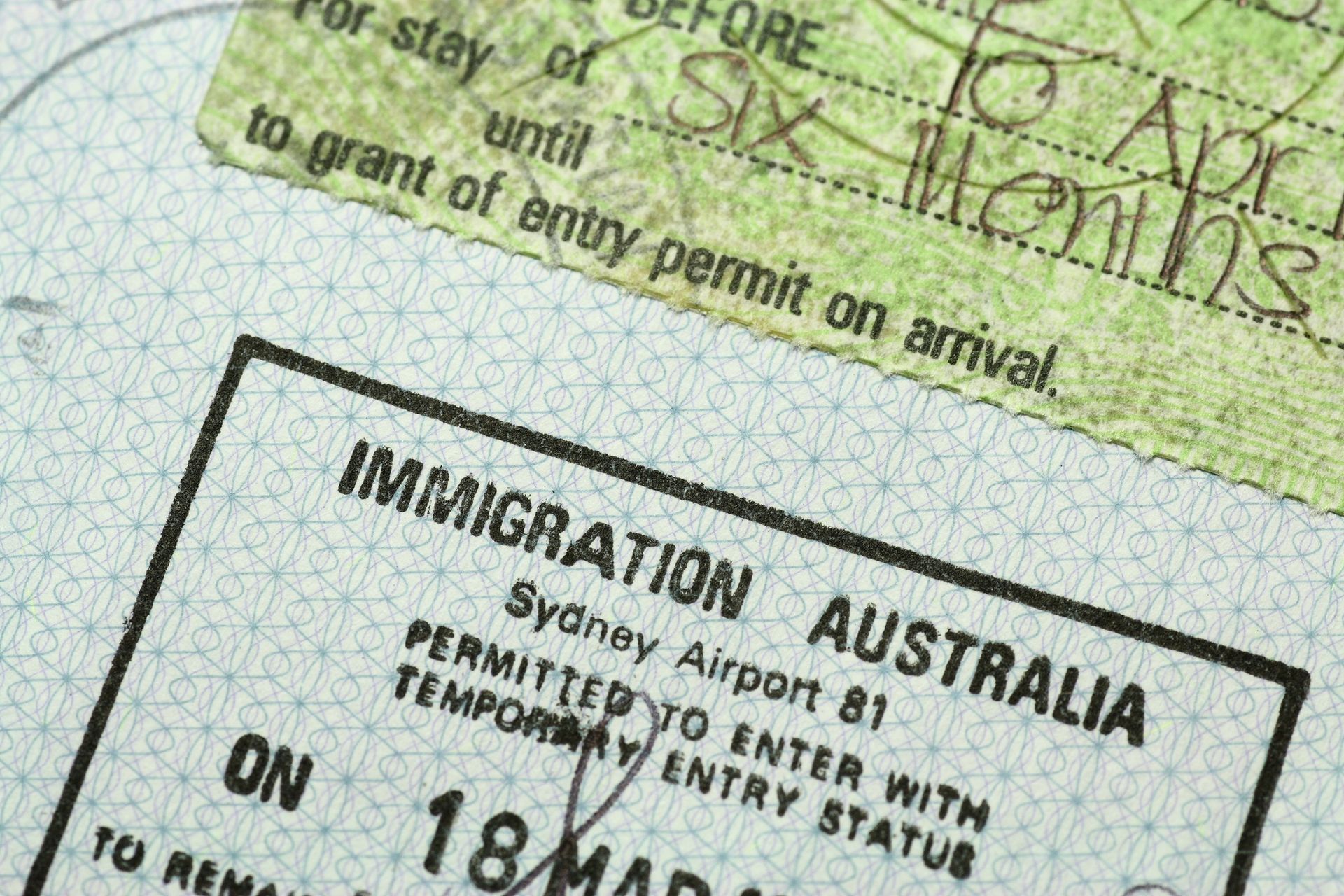What is surrogacy?
Ashleigh Barry, Senior Associate • May 18, 2017
Many people dream of starting a family and the option of surrogacy could enable a couple with fertility issues or a same sex couple to raise children, however, it is important to understand the strict laws that govern such arrangements before entering into a surrogacy agreement.
What is Surrogacy?
Surrogacy involves a woman (birth mother/surrogate) entering into a written agreement to carry a child to term and then surrender the care and legal parentage of the child to a couple or individual (intended parent/s) who will raise the child as their own. There are two main types of surrogacy:
traditional surrogacy; which involves the fertilisation of the surrogate mothers egg with the sperm of the intended father or donor, meaning the surrogate is the biological mother; or
gestational surrogacy; which involves the implantation of an embryo into the surrogate mother via in vitro fertilisation, meaning the surrogate is not biologically related to the child.
The Law
The Surrogacy Act 2010 (NSW) along with the Family Law Act 1975 (Cth)outline the rules regarding surrogacy. In summary it is a criminal offence to enter into a ‘commercial’ surrogacy arrangement, meaning it is an offence to offer the surrogate mother a fee, a reward or a material benefit for carrying the child. The maximum penalty is $110,000 fine or 2 years imprisonment.
The surrogate mother is entitled to receive payment for any reasonable costs associated with the pregnancy or birth and any costs associated with entering into the surrogacy arrangement (eg legal costs or counselling costs).
A non-commercial or altruist surrogacy arrangement is legal; however, the contract is not enforceable. This means there is no obligation on the birth mother or intended parents to go through with the agreement after the birth of the child, which creates additional risk for both parties to the agreement. In order to obtain a Parentage Order from the Supreme Court of NSW the parties must meet with an accredited counsellor to obtain an independent report and must seek independent legal advice.
Parentage order
The court’s overarching consideration in granting a parentage order is to consider what is in the best interest of the child. If the court grants the parentage order the Registry of Births, Deaths, and Marriages will update the child’s birth certificate to substitute the intended parent/s with the birth parents. Upon granting of the parentage order the intended parent/s will assume the same rights and responsibilities over the child as any other biological parent holds over their children.
If you have a question about the adoption process, or have any other family law enquiry please contact a member of our family law team today.

Kells has been delivering outstanding services and legal expertise to commercial and personal clients in Sydney and the Illawarra region for more than five decades. Our lawyers are savvy and understand your needs.
Subscribe
Want to get the latest articles and news delivered to your inbox?




